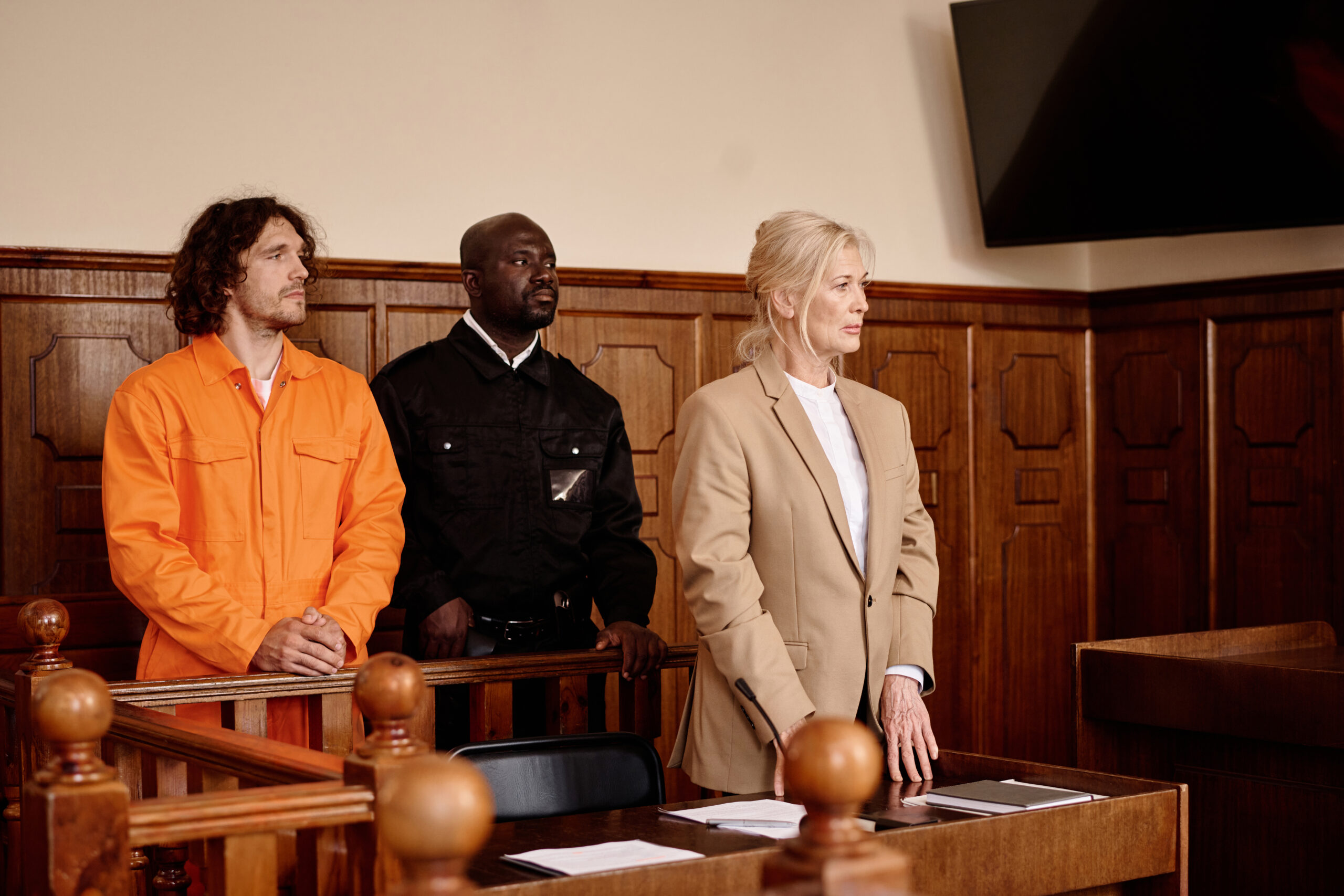Navigating the Three Strikes Law: What You Need to Know
The Three Strikes Law has long been a defining feature of California’s criminal justice system. Originally enacted in 1994 during a wave of “tough on crime” legislation, the law was designed to keep repeat offenders off the streets by imposing increasingly harsh sentences for each subsequent felony conviction. But while the intent may have been public safety, in practice, the law has led to complex legal battles, disproportionate sentencing, and a system that can be incredibly difficult to navigate without experienced legal help.
If you or someone you know is facing felony charges and has a prior conviction or two, the implications under the Three Strikes Law can be life-altering. Here’s what you need to know about how the law works, the penalties it imposes, and how The Win Law Firm can help protect your rights and future.
A Quick History of the Three Strikes Law
The Three Strikes Law originated as a voter-approved initiative (Proposition 184) in California in 1994. It was a reaction to high-profile cases involving repeat offenders and was meant to deter career criminals by significantly increasing penalties for those with multiple felony convictions.
Under the original version of the law:
- A second strike (i.e., a second serious or violent felony) would double the sentence.
- A third strike could lead to 25 years to life in prison, regardless of the severity of the third felony.
Over time, criticisms about the law’s fairness and effectiveness led to some reforms. Proposition 36, passed in 2012, made significant changes:
- Now, the third strike must also be a serious or violent felony to trigger the 25-to-life sentence, unless there are certain aggravating factors.
Still, even with these changes, the law remains a formidable challenge for defendants.

What Qualifies as a Strike?
Not every felony qualifies as a strike. Under California law, only serious or violent felonies count. These include:
- Murder or attempted murder
- Rape
- Robbery
- Kidnapping
- Certain gang-related offenses
- Residential burglary
- Arson
- Assault with a deadly weapon
In some cases, non-violent offenses like drug possession or theft could be charged as strikes if they meet specific criteria, especially if accompanied by enhancements like use of a weapon.
Sentencing Enhancements: The Domino Effect
Once someone has a prior strike on their record, any subsequent felony conviction becomes more serious, even if it wouldn’t ordinarily carry a long sentence. Here’s how it works:
- Second Strike: The sentence is doubled for the new felony.
- Third Strike: You could face 25 years to life, even if the new offense is less severe than the previous ones.
In addition, Three Strikes offenders:
- Serve longer actual prison time before becoming eligible for parole.
- Are less likely to receive probation.
- May face increased scrutiny and limited access to rehabilitation programs.
Can Prior Strikes Be Challenged?
Yes, and that’s where strategic legal defense plays a critical role.
Romero Motions
One of the most powerful tools in a defense attorney’s arsenal is the Romero motion, named after a landmark California Supreme Court case (People v. Superior Court (Romero), 1996). This motion allows a judge to dismiss a prior strike “in the interest of justice.”
Judges consider factors like:
- The nature of the prior strikes
- The time elapsed between convictions
- The circumstances of the new offense
- The defendant’s background and efforts at rehabilitation
Successfully arguing a Romero motion can mean the difference between a long-term sentence and a second chance.
Common Legal Defenses
Facing a potential strike doesn’t mean the case is hopeless. A skilled legal team can explore a variety of defense strategies, including:
- Challenging the validity of prior strikes (e.g., were they constitutionally sound?)
- Negotiating plea deals that avoid third-strike exposure
- Filing motions to reduce charges to non-strike felonies
- Asserting mitigating circumstances, such as mental illness or lack of intent
Every case is different, and a tailored approach is essential.

Why You Need a Legal Team That Wins
The Three Strikes Law is not just a legal technicality, it’s a potentially life-altering sentencing mechanism. If you or a loved one is facing charges that could trigger strike enhancements, hiring a criminal defense attorney isn’t optional, it’s critical.
The Win Law Firm specializes in complex criminal defense cases, including Three Strikes litigation. We understand:
- How to dissect prior convictions for possible challenges
- The nuances of Romero motions
- How to negotiate with prosecutors to minimize penalties
- How to present the most compelling version of your story to the court
In short, we fight to win because your future is worth it.
Real Lives, Real Stakes
Over the years, the Three Strikes Law has been used to hand out harsh sentences to individuals for crimes as minor as shoplifting or drug possession because of past convictions from decades ago. These cases often involve people who have turned their lives around, only to be pulled back into the justice system due to a rigid legal framework.
California’s reforms have helped, but they don’t erase the threat. The stakes remain incredibly high. A third strike can mean a lifetime behind bars.
What You Can Do Right Now
If you’re reading this, there’s a good chance that you or someone you care about is in a difficult position. Don’t wait to see what the prosecutor or court might decide. Act now.
Contact The Win Law Firm today for a confidential consultation. We’ll review your case, explain your rights, and start building a strong defense strategy tailored to your unique circumstances.
You don’t have to navigate this alone, and you shouldn’t.
Final Thoughts
The Three Strikes Law is a powerful tool in the hands of prosecutors, but it’s not the final word. With the right legal strategy, prior strikes can be challenged, reduced, or even dismissed. The key is to act quickly, know your rights, and work with a defense team that understands the system from the inside out.
Contact The Win Law Firm now to start protecting your future, because every case deserves a fighting chance.
Disclaimer:
This blog post is for informational purposes only and does not constitute legal advice. Always consult a licensed attorney for guidance specific to your case.
